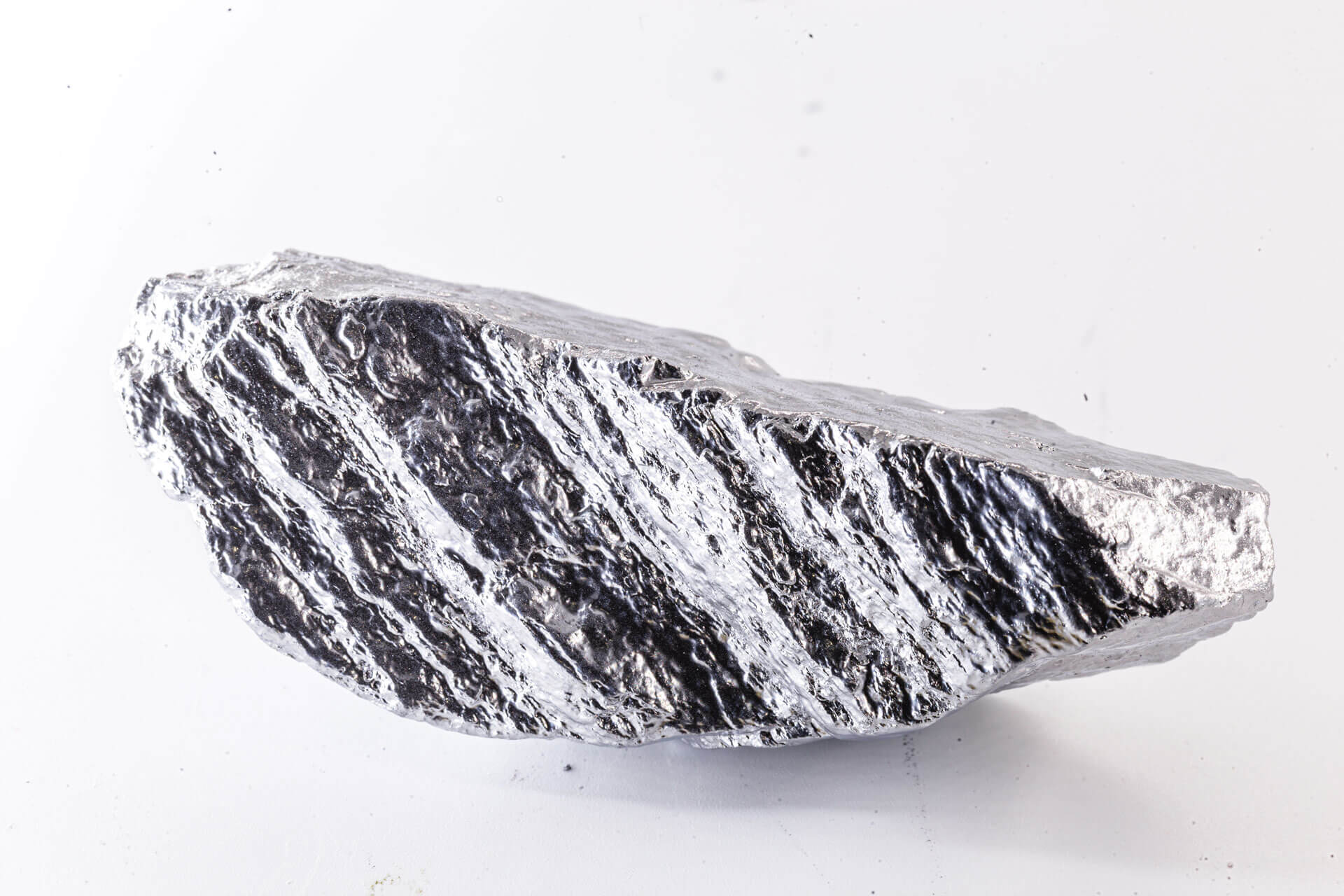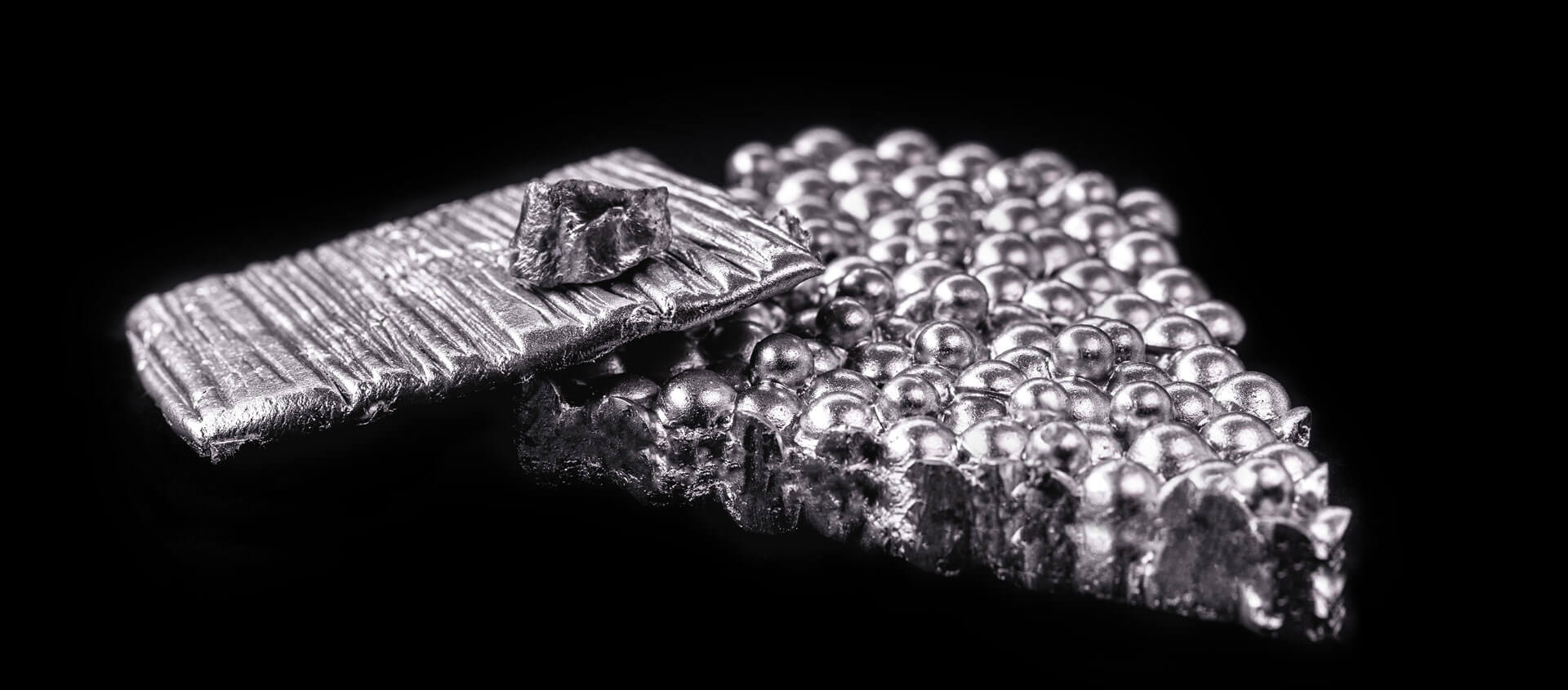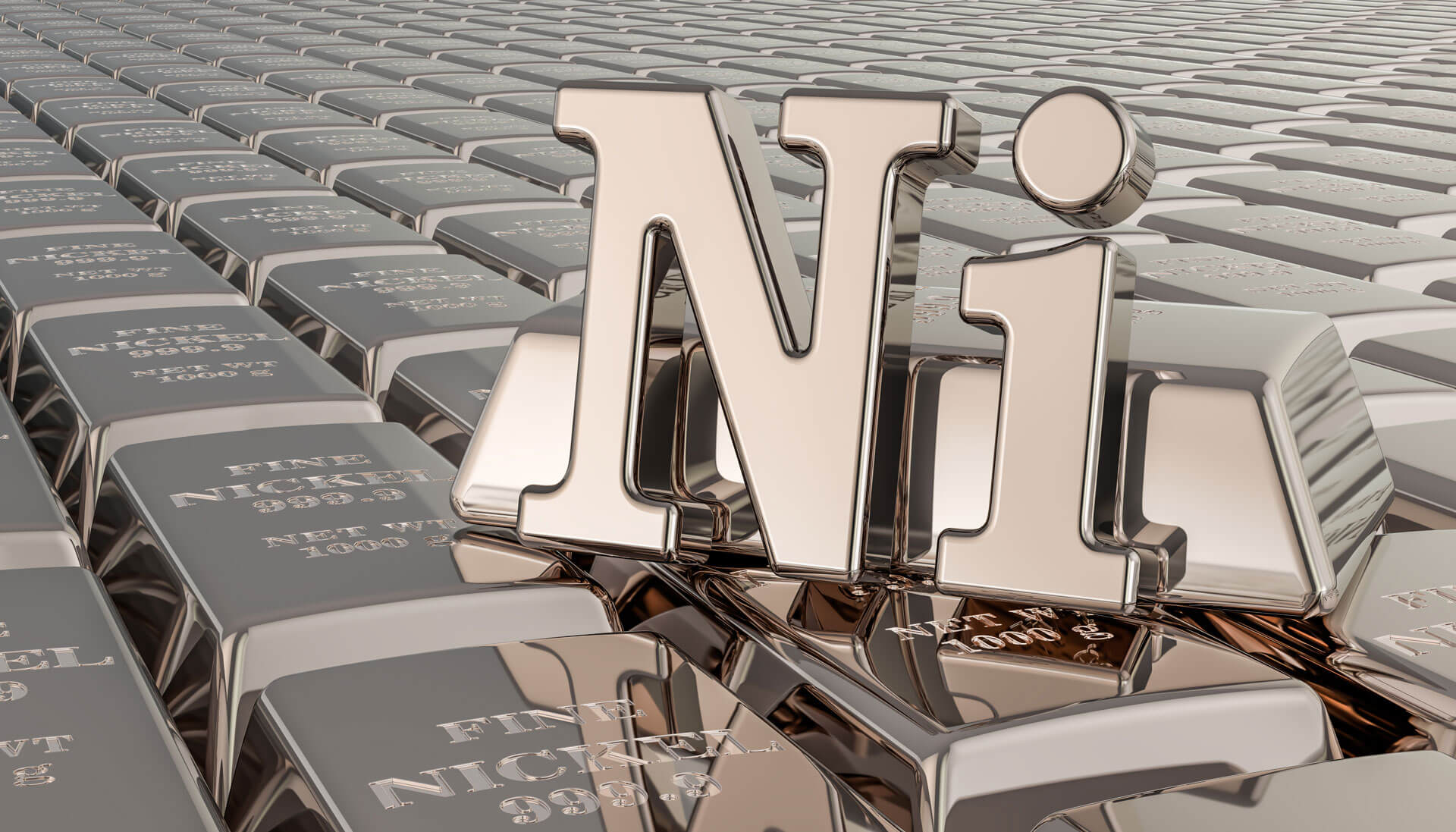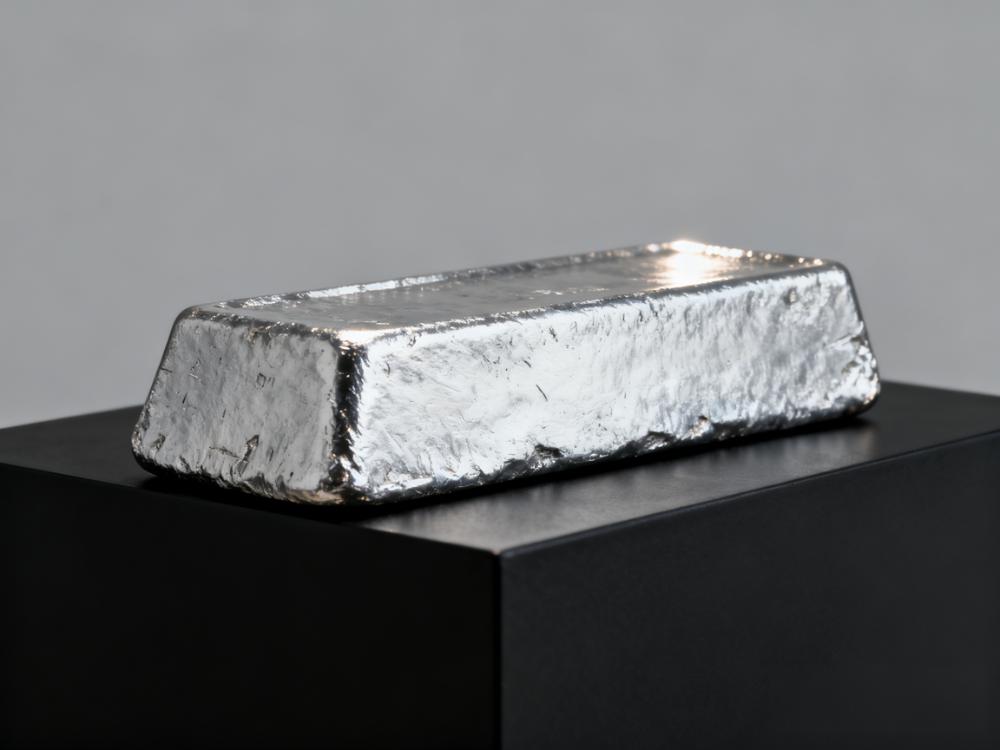Ford Announces Breakthrough in Lithium Manganese Rich (LMR) Battery Technology for Affordable EVs by 2030
The LMR battery technology aims to address challenges such as voltage decay and cycle life while maintaining energy density. Ford has already begun pilot production of second-generation LMR cells at its Ion Park Battery Center of Excellence in Romulus, Michigan. Currently, battery costs account for over one-third of total EV production costs, and Ford views reducing battery prices as crucial to achieving cost parity between electric and gasoline-powered vehicles.
Ford plans to integrate LMR battery technology into future vehicle models within this decade. Previously, the company has introduced nickel-cobalt-manganese batteries and added lithium iron phosphate battery options in 2023.
Data Source Statement: Except for publicly available information, all other data are processed by SMM based on publicly available information, market communication, and relying on SMM‘s internal database model. They are for reference only and do not constitute decision-making recommendations.
For any inquiries or to learn more information, please contact: lemonzhao@smm.cn
For more information on how to access our research reports, please contact:service.en@smm.cn



